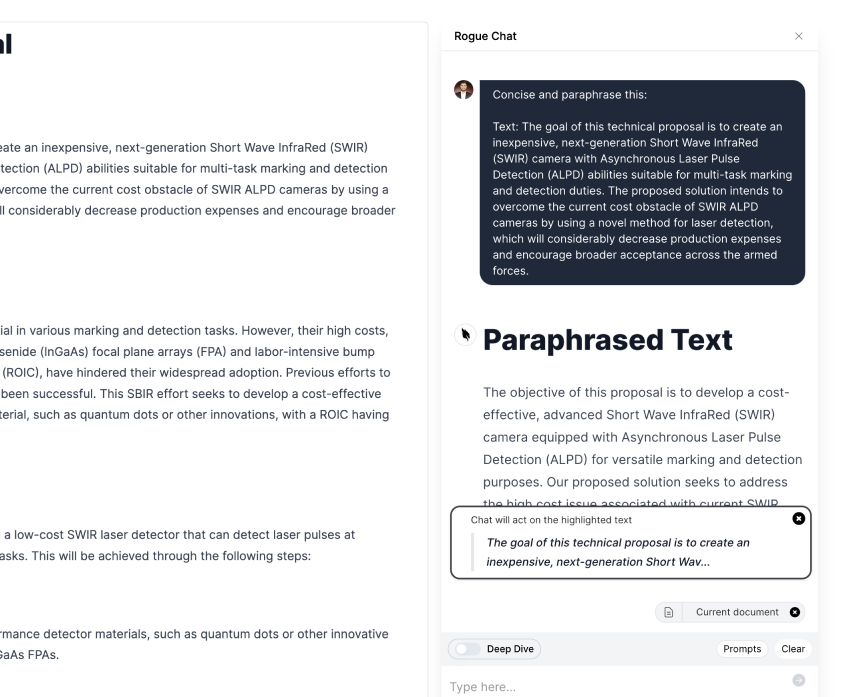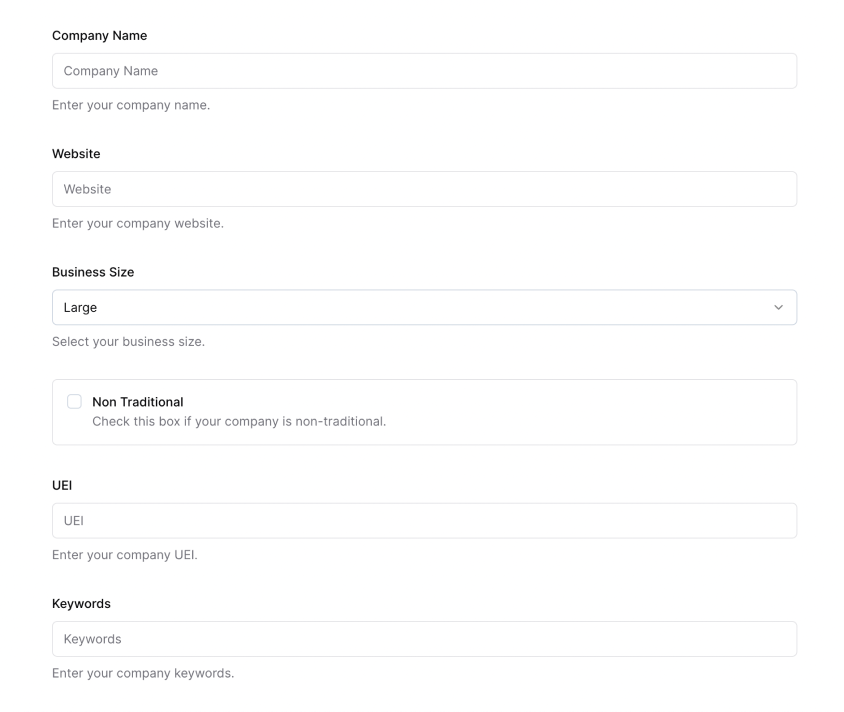
What are Contract CPARS?
A quick guide to the ever important CPARS
Table of contents
CPARS is a web-based system used by the U.S. federal government to evaluate and document the performance of contractors on awarded contracts. It serves as a tool to assist the government in making informed decisions about contract awards and helps to ensure that contractors receive accurate and timely feedback on their performance.
If you don’t have a prime contract then you won’t have CPARS, they are only for prime contractors.
Why do they matter?
CPARS play a significant role in the success of government contractors. Here are the key reasons why CPARS matter to them:
- Past Performance Evaluation: CPARS serve as a primary source of information for the government when evaluating a contractor's past performance during the proposal review process. A positive track record increases the chances of winning future contracts.
- Competitive Advantage: High CPARS ratings and positive feedback set contractors apart from their competitors. This competitive advantage can be crucial in securing new business opportunities with the government.
- Government's Confidence: A strong performance history in CPARS helps build trust and confidence in the contractor's ability to deliver quality work. This may lead to more contract awards and increased business with the government.
- Opportunities for Improvement: CPARS provide valuable feedback to contractors, highlighting their strengths and areas for improvement. By addressing these areas, contractors can enhance their performance on current and future contracts.
- Influence on Award Decisions: Government agencies use CPARS as a tool to make informed decisions in the procurement process. A contractor's CPARS ratings can significantly impact their chances of being awarded a contract, as agencies often prioritize contractors with a proven track record of success.
- Risk Mitigation: Poor CPARS ratings can jeopardize a contractor's reputation and future business opportunities. By actively managing and maintaining positive CPARS ratings, contractors can mitigate risks associated with below-par performance.
CPARS matter to government contractors because they influence contract award decisions, serve as a competitive advantage, build trust with government agencies, and provide valuable feedback for continuous improvement. Maintaining a positive CPARS rating is essential for contractors aiming for long-term success in the government contracting arena.
Key Components of CPARS
- Performance Assessments: Contracting officers, project managers, or other designated government personnel evaluate contractor performance based on various factors such as quality, schedule, cost control, management, and regulatory compliance.
- Ratings and Comments: Assessors assign ratings (exceptional, very good, satisfactory, marginal, or unsatisfactory) and provide comments to support their evaluation. These ratings and comments are crucial in helping the government make future contract award decisions.
- Contractor Input: Contractors have the opportunity to review and comment on their performance assessments, addressing any discrepancies or providing additional information.
- Finalization and Retention: Assessments are finalized and stored in the CPARS system. The information is retained for a specific period, usually six years after the contract's completion.
- Past Performance Information Retrieval System (PPIRS): Completed CPARS assessments are available in the Past Performance Information Retrieval System (PPIRS), which is now part of the Contractor Performance Assessment Reporting System (CPARS) platform. This system allows government personnel to review a contractor's past performance when evaluating proposals for future contracts.
Maintaining a positive CPARS rating is essential for contractors who want to be competitive in obtaining future government contracts.
Sign up for Rogue today!
Get started with Rogue and experience the best proposal writing tool in the industry.



